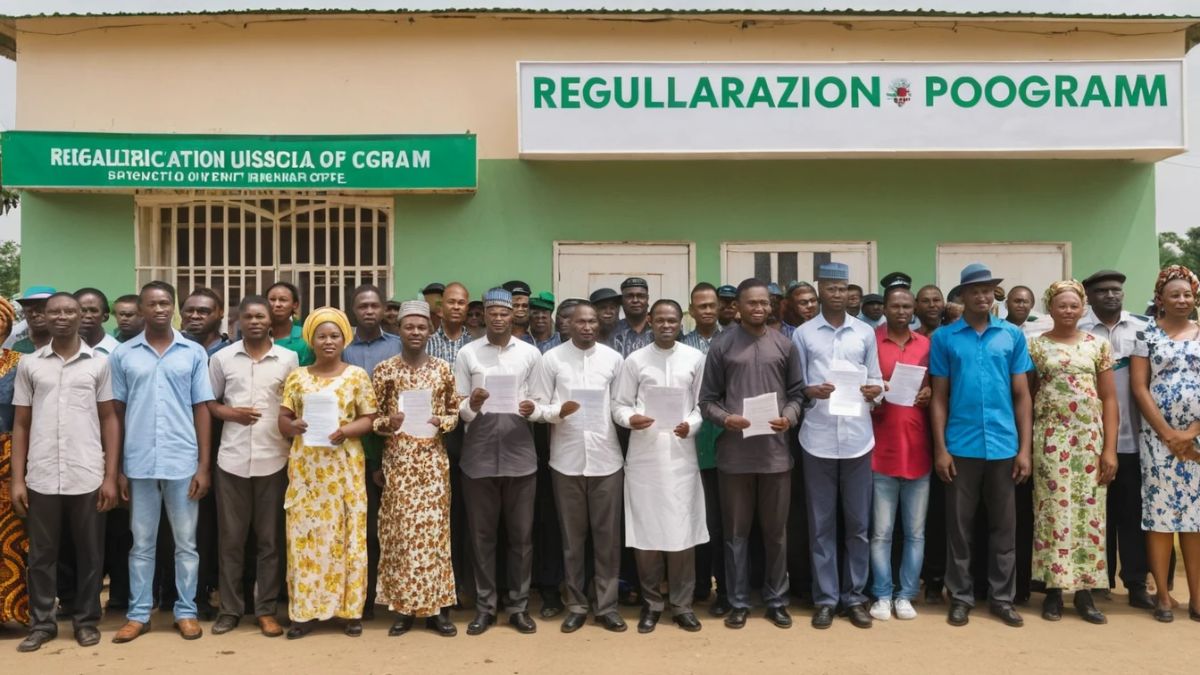In a major development for global migration, the European Union has officially launched new visa sponsorship pathways for non-EU nationals in 2025. For many Nigerians, the question now is: does this finally mean more legal, direct, and transparent job opportunities in Europe?
With several EU countries struggling to fill labor gaps, and Nigeria ranking high among skilled and semi-skilled labor sources, this announcement could signal a major turning point.
What the EU Just Announced
The new EU initiative includes:
- Labor mobility partnerships with African countries
- Harmonized sponsorship processes to simplify hiring foreign workers
- Recruitment drives in priority sectors such as healthcare, logistics, IT, and agriculture
- Streamlined collaboration between employers and EU governments to fill labor shortages
This is part of a larger strategy to manage legal migration while reducing irregular entries. Unlike previous fragmented programs, this model introduces centralized job matching, visa facilitation, and training pipelines.
Why Nigerians Should Pay Close Attention
Nigeria is already a key focus in Europe-Africa migration frameworks. Several reasons make Nigerians especially relevant in this program:
- Existing diaspora in major EU countries like Germany, Italy, and the Netherlands
- Strong labor force in sectors such as healthcare, construction, and logistics
- English language advantage, especially for roles in Ireland and the Netherlands
- Previous inclusion in initiatives like the EU Talent Partnerships
This new pathway gives Nigerians a more structured route to European employment—no need for asylum, no need for fake documentation, and no need for underground routes.
How These Sponsorship Pathways Work
These pathways work through legal, employer-led recruitment. Here’s a basic breakdown:
- EU employers identify labor shortages and post positions on government-backed portals
- Nigerian candidates apply with their qualifications, experience, and valid documents
- If selected, visa sponsorship and relocation support are arranged
- In some cases, government agencies in Nigeria may coordinate pre-departure training or verification
Important: These are not programs managed by agents or unverified third parties. Always use official government or embassy channels.
Which Countries Are Participating So Far?
Several EU nations have already begun aligning with this new approach:
- Germany – Skilled Worker Visa & care sector focus
- Netherlands – Logistics, construction, and agriculture
- Portugal – Seasonal and semi-skilled job openings
- Ireland – Healthcare and social care sponsorship
- France – Tech and trade jobs via public recruitment channels
More countries are expected to join depending on labor agreements and diplomatic negotiations throughout 2025.
How Nigerians Can Prepare
For those hoping to seize this opportunity, preparation is key. Here’s what you can do now:
- Update your CV and passport
- Collect credentials like WAEC, NCE, or relevant vocational training certificates
- Gain experience in target sectors such as caregiving, transport, construction, or IT
- Improve your language skills – English, Dutch, French, or German (A2–B1) depending on the country
- Use trusted portals such as EURES, EU immigration sites, and embassy pages
- Avoid scammers who promise guaranteed jobs or ask for upfront payments
These programs are designed to be transparent. If you’re paying a large sum for job access, it’s likely not legitimate.
Conclusion
The European Union’s 2025 visa sponsorship pathways represent a new chapter for legal migration. With structured employer involvement, clear job roles, and international cooperation, Nigerians now have a real chance to migrate with dignity and purpose.
It won’t be instant—but for those who prepare early and stay informed, this could be the most significant opportunity in recent years. Jobs are opening, doors are unlocking, and the timing couldn’t be better for those ready to take the first step.
FAQ
What are the new EU visa sponsorship pathways?
They are government-led programs that allow EU employers to legally recruit foreign workers, including Nigerians, in key labor sectors with full visa and relocation support.
Are Nigerians eligible for these new opportunities?
Yes. Nigeria is a key focus of EU labor mobility efforts, and many sectors are actively recruiting Nigerian workers in 2025.
Do I need a degree to apply for EU sponsorship jobs?
Not necessarily. Many roles in caregiving, agriculture, logistics, and construction require experience or vocational training—not a university degree.
Which EU countries are currently hiring with visa support?
Germany, Netherlands, Ireland, Portugal, and France are already participating. More countries may join soon.
Is this different from applying for asylum or study visas?
Yes. These are employment-based legal migration programs, not humanitarian or educational pathways.














